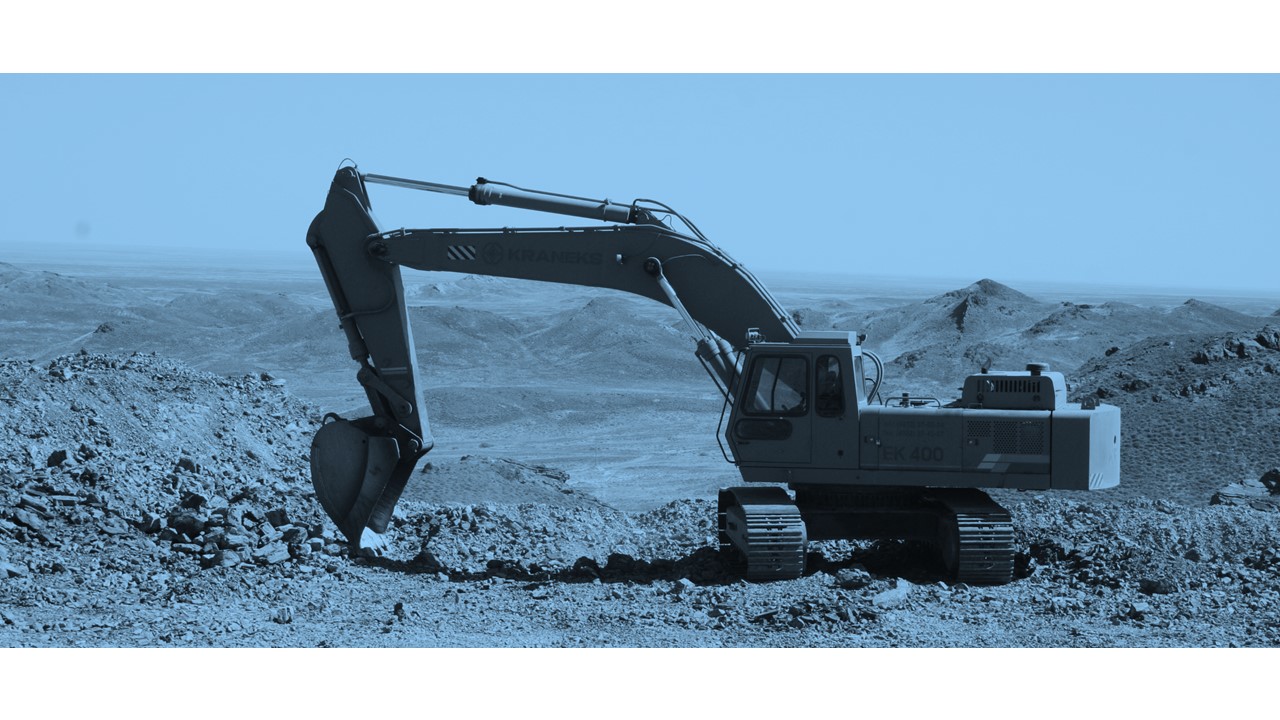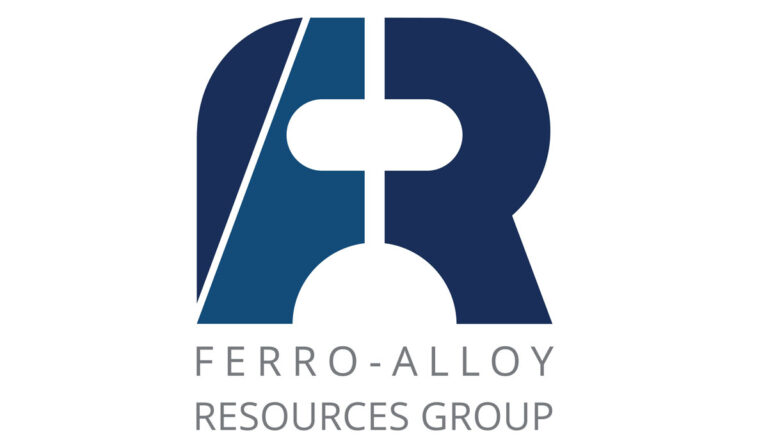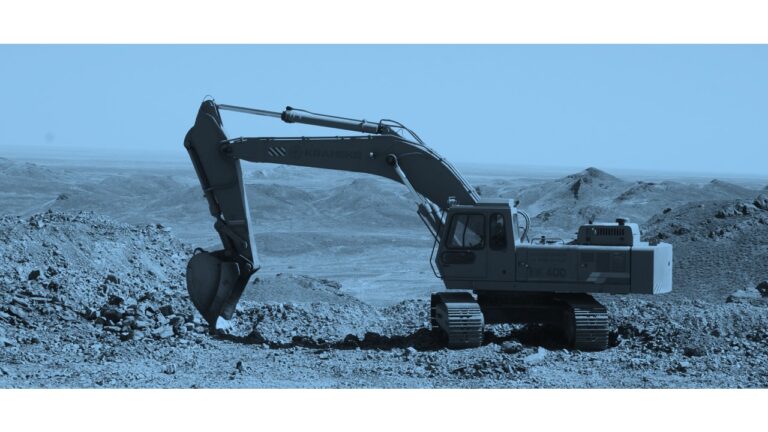Ferro-Alloy Resources Limited (LON:FAR), the vanadium producer and developer of the large Balasausqandiq vanadium deposit in Southern Kazakhstan, has announced an update on its carbon black substitute (“CBS”) product following the completion of a new marketing study.
Summary
· A new marketing study by Smithers estimates the price of the Company’s CBS product at US$500 per tonne in the tyre market and between US$550 – US$600 per tonne in the non-tyre market (excluding any value attributable to the product’s strong sustainability credentials)
· The Study follows a test programme undertaken by Smithers’ materials science and engineering division which, by substituting standard carbon black with the Company’s CBS product in a typical rubber formulation for passenger vehicle tyre side walls, demonstrated that the Company’s CBS product can be used in the manufacture of vehicle tyre sidewalls and other rubber uses
· Previous test work performed by SGS Canada Inc indicated that the CBS product can be recovered from the vanadium process plant tailings by simple flotation methods, giving approximately 220,000 tonnes of CBS product per year and potential gross revenue generation in excess of US$110 million per year for Phase 1 of the Balasausqandiq project
· The Company estimates that the CBS product can be shipped to either Western Europe or China economically; markets closer to the project will also be investigated
· The Company also estimates the combined Scope 1 and Scope 2 emissions, based on current preliminary desktop research, to be between 0.36 tonnes and 0.6 tonnes of carbon dioxide equivalent (“CO2e”) per tonne of CBS product produced in comparison with between two tonnes and five tonnes of CO2e per tonne of standard carbon black production, giving a strong marketing advantage and potential future savings in carbon credits
· The Company has commenced marketing activities for commercial opportunities for the CBS product
Commenting on the update, Nick Bridgen, CEO of Ferro-Alloy Resources, said:
“This marketing study confirms the enormous value of the Company’s CBS revenue stream that is now expected to be comparable in size with the Company’s main vanadium product. With relatively small production costs, it adds hugely to the anticipated project NPV.”
“The Company has since commenced marketing activities for the CBS product and is assessing the opportunities to secure an offtake agreement for future production.”
“Ferro-Alloy’s Balasausqandiq deposit is already expected to be the world’s lowest cost primary producer of vanadium, and this co-product, recovered from the tailings from the vanadium operation, will enhance that competitive position even further.”
Background
As previously announced, the ore-resource at the Balasausqandiq deposit contains over 8% carbon in a form similar to carbon black. Carbon black is a high value form of carbon predominantly used as a reinforcing filler in the making of rubber, particularly for the manufacture of vehicle tyres.
The Company’s CBS product is produced through concentration to a level of around 40% of the carbon contained in the tailings (waste) of the vanadium circuit, followed by drying and further milling.
Marketing study
The marketing study has been completed by the market reports division of Smithers, the global consultancy firm with rubber expertise, to estimate a market price for the product in both tyre and non-tyre markets.
The Study has estimated the price of the Company’s CBS product in the tyre market to be around US$500 per tonne and between US$550 and US$600 per tonne in the non-tyre market.
The Study took into account the successful test work conducted by Smithers’ materials science and engineering division, the price being determined in relation to other, similarly performing reinforcing fillers available in the market. It did not factor in any value for the expected vastly reduced Scope 1 and Scope 2 CO2e emissions (direct and indirect emissions generated by a company’s own operating activities) resulting from the production of the CBS product, in comparison with the manufacture of standard carbon black (see below).
The Company believes that the expected low CO2e emissions generated from the production of the CBS product will facilitate favourable marketing and may produce an additional price advantage (see below).
Technical studies
As previously announced on 26 September 2024, significant test work has been completed to determine the methods for concentrating the carbon in the ore to create the CBS product, and into the performance of the CBS product compared with standard N660 grade carbon black commonly used to make passenger vehicle tyre sidewalls.
Production
Work carried out independently by SGS Canada Inc during the feasibility study programme has confirmed that a 40% carbon concentrate can be recovered from the tailings of the vanadium circuit using flotation to concentrate the carbon. A recovery of around 72% of the original carbon content is obtained, producing approximately 220,000 tonnes of CBS product per year at the revised mining rate of 1.65 million tonnes of ore per year. This product is then milled and dried in preparation for shipment.
Capital costs are expected to be relatively low, involving a simple flotation plant, milling, pelletising and drying equipment. Operating costs are expected to be modest.
Product technical performance
After initial test work was carried out at universities in the CIS, a test programme was conducted in the UK by Smithers’ materials science and engineering division. In this programme, the Company’s CBS product was substituted at various levels for standard carbon black in a typical rubber formulation for passenger vehicle tyre side walls. The results of testing the manufactured rubber confirmed that the CBS product was performing as a reinforcing filler and, at lower substitution levels, had no significant diminution in performance and had some advantages. Higher levels of substitution are likely to be possible in agricultural and truck tyres.
Logistics
The Company estimates, based on research conducted on current available global logistics rates, that the CBS product can be shipped to either Western Europe or China economically. Closer markets will also be investigated.
Sustainability / costing credentials
The production of standard carbon black is usually made by the incomplete combustion of oil or gas in an oxygen depleted atmosphere where, typically, the resulting product amounts to only 40% of the original carbon input. The production of standard carbon black is, therefore, both expensive and high in CO2 emissions.
The Company’s CBS product is made by the concentration of naturally occurring carbon from the waste produced by the treatment of the Balasausqandiq ore, and not from the combustion of hydrocarbons, resulting in much lower production costs and significantly fewer emissions – an important consideration for tyre and other rubber producers.
Based on preliminary desktop research, the Company currently estimates that the combined Scope 1 and Scope 2 emissions per tonne of CBS product produced will be between 0.36 tonnes and 0.6 tonnes of CO2e. By way of comparison, the production of a tonne of standard carbon black ranges from around two to five tonnes of CO2e*.
In the European Union, amendments to the Carbon Border Adjustment Mechanism (“CBAM”), approved in 2022, indicate the potential inclusion of organic chemicals, including carbon black, in the future as part of a broader effort to integrate the chemical sector into CBAM, with a final decision due by the end of 2025 or early 2026. If adopted, importers of carbon black will have to buy carbon credits, currently costing around US$72 per tonne of CO2e emitted, for the emissions embedded in their imports of carbon black. This would lead to CBAM costs of between US$144 per tonne and US$360 per tonne for importers of standard carbon black depending on the emissions of the actual producer. The far lower emissions generated from the production of the Company’s CBS product would attract much lower CBAM costs, giving a further potential price advantage, not taken account of in the Study. Even in the absence of legislation, market forces are likely to incentivise the use of materials which have been produced with lower carbon emissions.
The carbon black market
The worldwide carbon black market amounts to approximately US$20 billion per annum, with approximately 70% going into tyre manufacture. Many tyre manufacturers have stated their aims of reducing the CO2e emissions associated with their products and some are experimenting with the use of recovered carbon black, produced by pyrolysis from used tyres which is energy intensive. The sourcing of lower carbon substitutes for carbon black is an ongoing issue for tyre manufacturers.







































